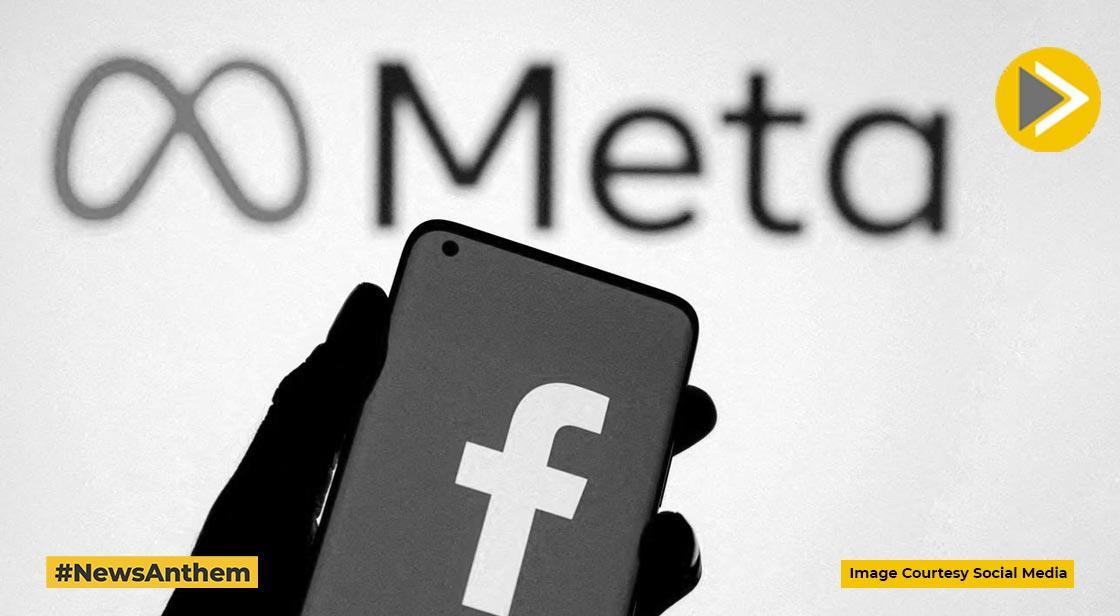Facebook Discontinues Funding For The US News Partnerships Program

News Synopsis
According to Meta Platforms, it will no longer pay US news organisations to have their content appear on Facebook's News Tab as a result of resource reallocation due to the recession and shifting user behavior.
The majority of users "don't come to Facebook for news, and as a business it doesn't make sense to overinvest in areas that don't line with user preferences," the firm claimed on Thursday. In 2019, Meta, then known as Facebook, introduced collaborations. The Facebook mobile app's "News Tab" section only shows headlines from publications including The Wall Street Journal, The Washington Post, BuzzFeed News, Business Insider, NBC, USA Today, and the Los Angeles Times.
The corporation declined to disclose the amount it was paying the news organisations, but according to sources, it was in the millions of dollars for major publications like The Wall Street Journal. The Associated Press chose not to take part in the project. CEO Mark Zuckerberg stated at the time of the program's debut that he saw "an opportunity to establish up new long-term, secure funding relationships with publishers."
But Menlo Park, California-based Meta said in a statement recently that "a lot has changed" since the company inked agreements three years prior to test adding more news links to Facebook News in the US. Meta Platforms Inc. reported its first sales decline ever on Wednesday and anticipated disappointing results for the current quarter.
The news articles that publications upload on Meta's platform are not paid for. The business stated on Thursday that the News Tab agreements were for "incremental content, e.g., making sure we had access to more of their article links and that we were including a range of topic areas at launch." The business stated that Facebook News will continue in all other countries where it is currently available, including the UK, France, Germany, and Australia, and that the change in the US won't affect the agreements in those countries.
You May Like









